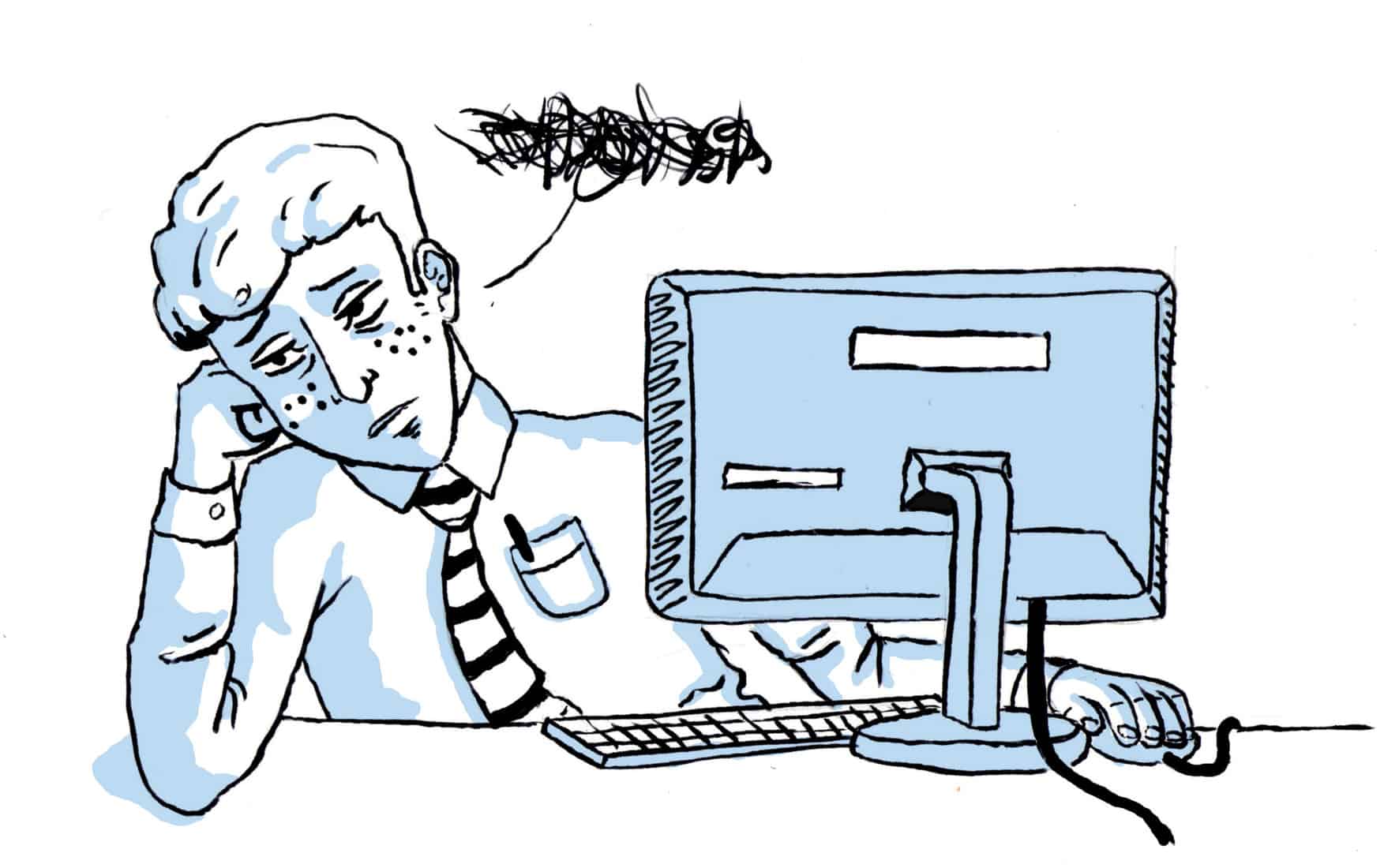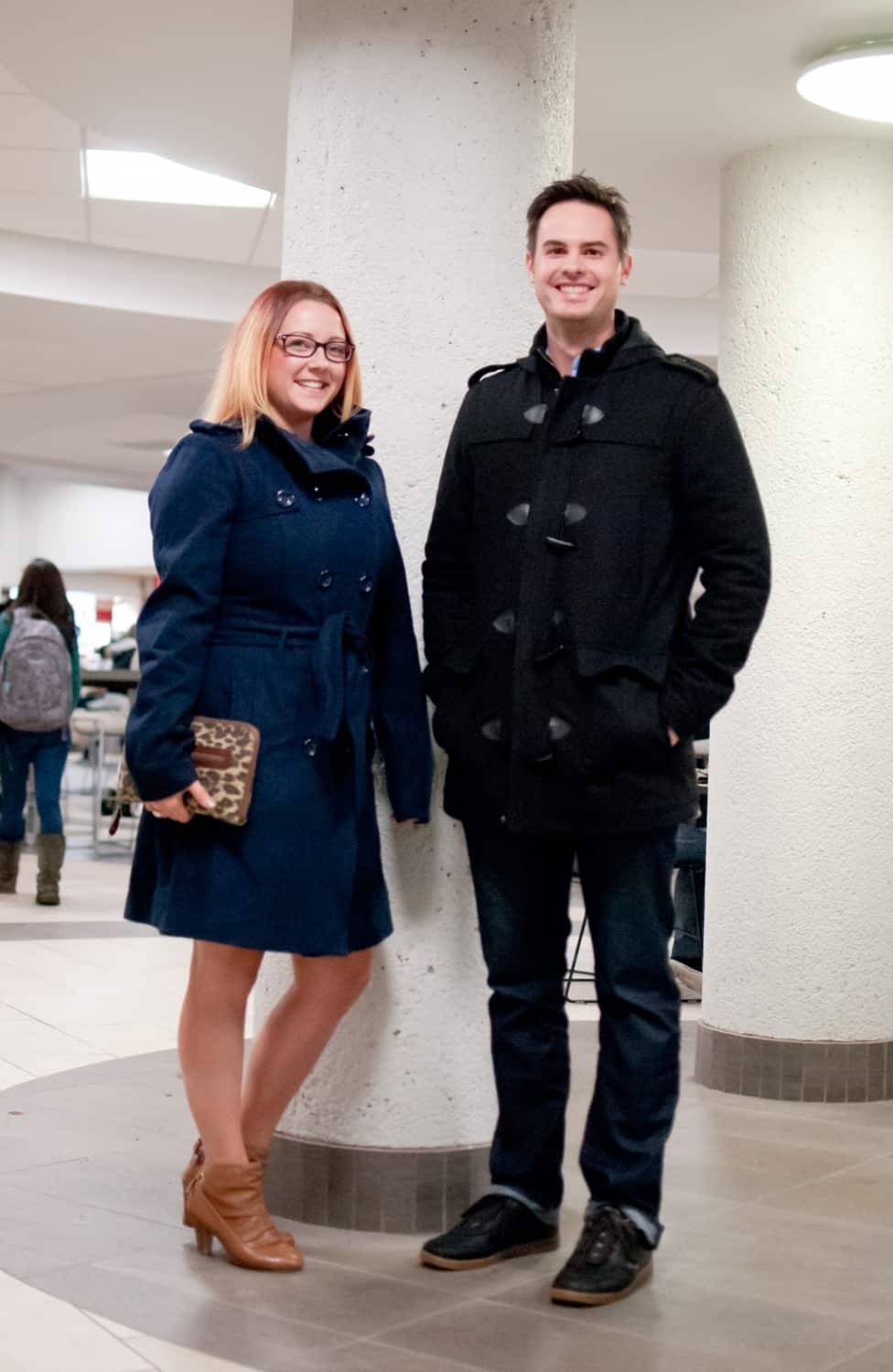THE UNIVERSITY OF SASKATCHEWAN’S MAIN CAMPUS IS SITUATED ON TREATY 6 TERRITORY AND THE HOMELAND OF THE MÉTIS.
THE UNIVERSITY OF SASKATCHEWAN’S MAIN CAMPUS IS SITUATED ON TREATY 6 TERRITORY AND THE HOMELAND OF THE MÉTIS.

By Tannara Yelland November 8, 2012
On Oct. 31 the federal government passed a private members’ bill with far-reaching implications for Canadians that signals a desire on the Conservative government’s part to erode citizens’ civil liberties.

By Travis Homenuk November 7, 2012
I’m sure we all get the desire to escape from real life; it’s part of the growing up process. There’s a need to flee the nest in such a way that says a gentle “fuck you” to your parents, making your friends jealous in the process — assuming you have friends.

By Kimberley Hartwig November 1, 2012
As an English major I’ve heard all the digs leveled against my college and my degree. My personal favourite has to be, “What are you going to do with an English degree? Work at Starbucks?” For the record, I’ve tried. They won’t hire me.

By Travis Homenuk October 31, 2012
Remember that children’s book, Everyone Poops? It’s a good one, isn’t it? The book manages to express what we all know but don’t talk about. I poop, you poop, your mom poops, even your professors poop. Indeed, we all poop. Well guess what, folks? We all die too. So we should be prepared for it.

By Tannara Yelland October 29, 2012
“Slutty” Halloween costumes are a perennial cause for complaint despite the fact that, at least in some social groups, they are relatively rare. Like the multitudes, I find them frustrating. Unlike the multitudes, however, this is not because I want to slut-shame anyone; it is because “sexy” costumes are usually so unimaginative.

By Canadian University Press October 27, 2012
September’s labour market verdict is in and early reactions are mixed. Overall, Canada’s job creation rate is up, unemployment in the U.S. is down and the near-term economic forecast for both countries is positive.

By Canadian University Press October 25, 2012
If there’s anything that we can all agree on, it’s that life is hard. Jobs don’t pay enough, rent is too high and groceries get more expensive every year.

By Victoria Martinez October 25, 2012
This is not another in the fine tradition of Sheaf “don’t wear sweatpants” articles. If you wear sweatpants to school, you and I are doing such different things already that this is not even remotely addressed to you. Do your thing. For everyone else, it’s worth keeping in mind that you are always in an interview.